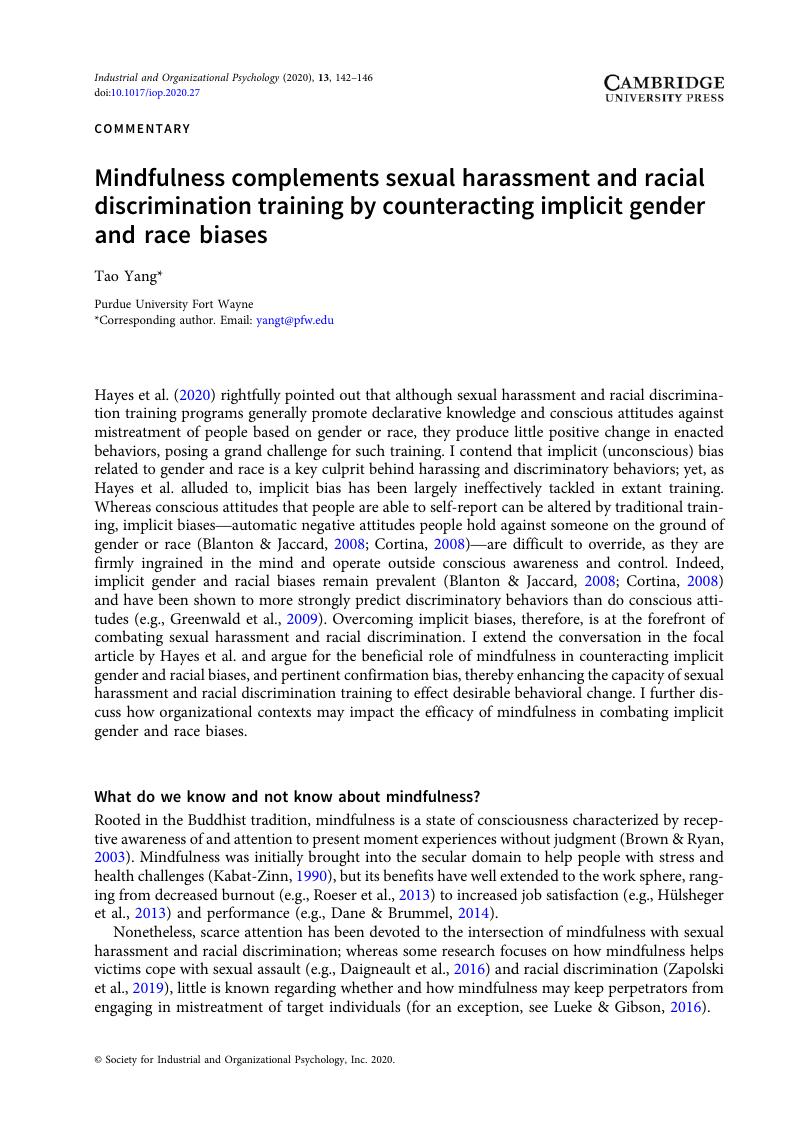Crossref Citations
This article has been cited by the following publications. This list is generated based on data provided by Crossref.
Wright, Bradley C.
Schadler, Aric D.
and
Swanson, Hollie I.
2022.
Mentorship in Undergraduate Biomedical Education: Identifying Student Opinions and Expectations.
Journal of Medical Education and Curricular Development,
Vol. 9,
Issue. ,
p.
238212052210961.
Zhang, Hongwei
Shao, Yanmin
Han, Xiping
and
Chang, Hsu-Ling
2022.
A road towards ecological development in China: The nexus between green investment, natural resources, green technology innovation, and economic growth.
Resources Policy,
Vol. 77,
Issue. ,
p.
102746.
Ash, Tory L.
Helminen, Emily C.
Yamashita, Shiharu
and
Felver, Joshua C.
2023.
Teachers' anti-black biases in disciplinary decisions: The role of mindfulness.
Journal of School Psychology,
Vol. 96,
Issue. ,
p.
75.
Sereno, Michelle
Catagnus, Robyn
Griffith, Annette
and
Eilers, Heidi
2023.
A Systematic Review of Empirical Studies Measuring Training Effects on Biases Evidenced by Professionals toward Intimate Partner Violence.
Trauma, Violence, & Abuse,
p.
152483802311711.
Younis, Iqra
Abdulkhaliq, Aqsa
and
Hayat, Zara
2024.
Workplace Envy as a Determinant of Organizational Politics and Emotional Manipulation: Role of Workplace Ostracism.
Sustainable Business and Society in Emerging Economies,
Vol. 6,
Issue. 2,





